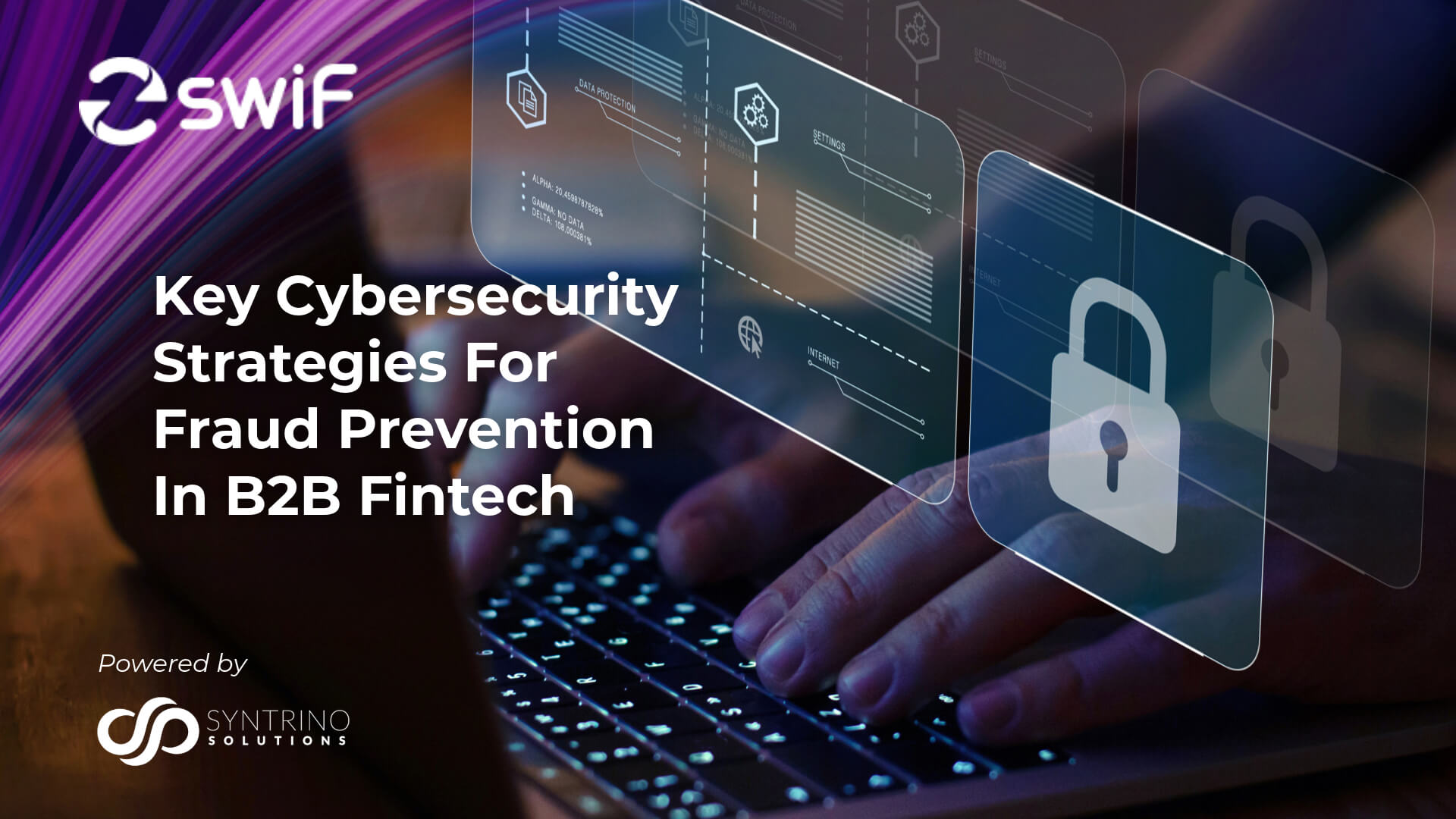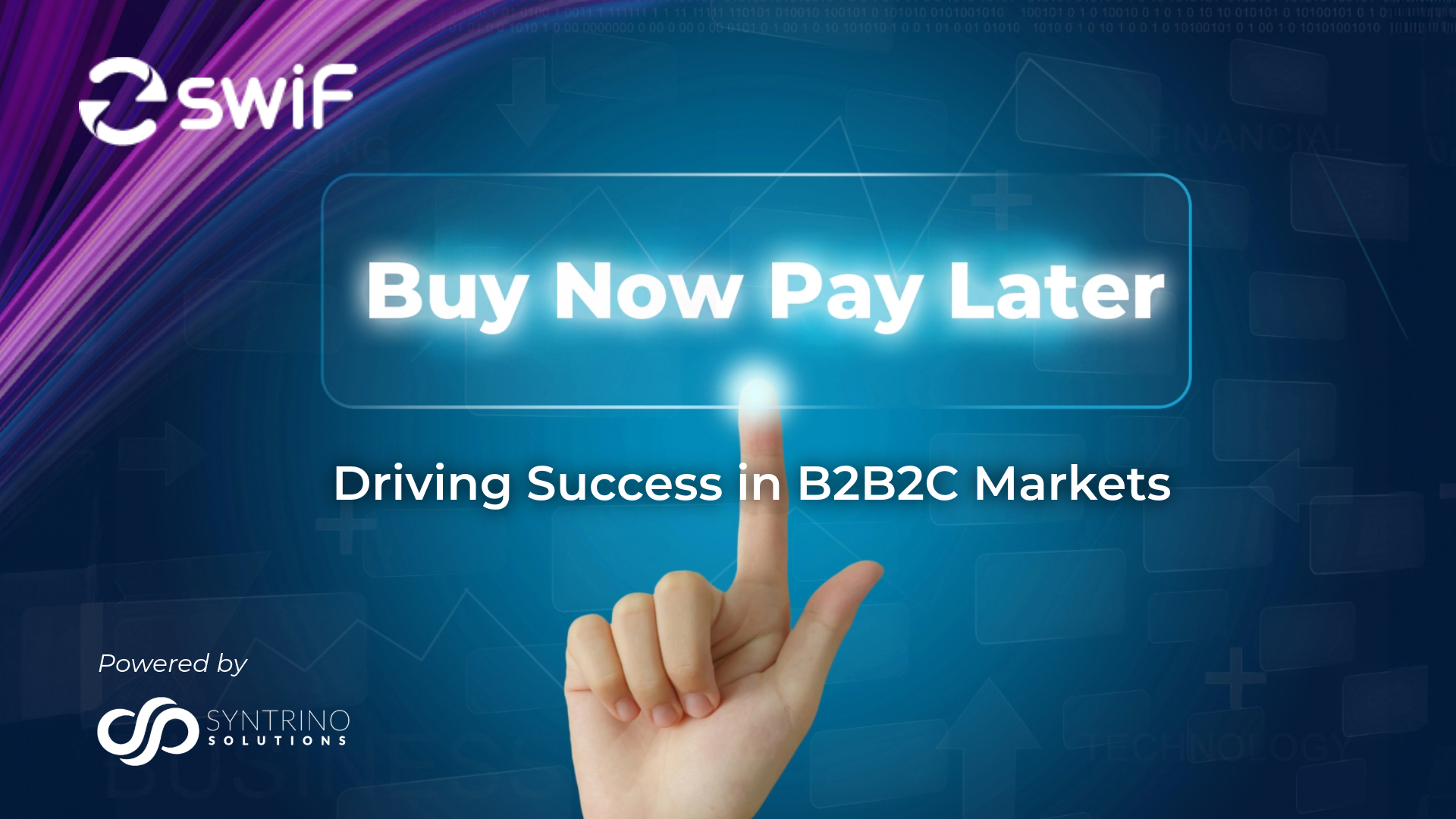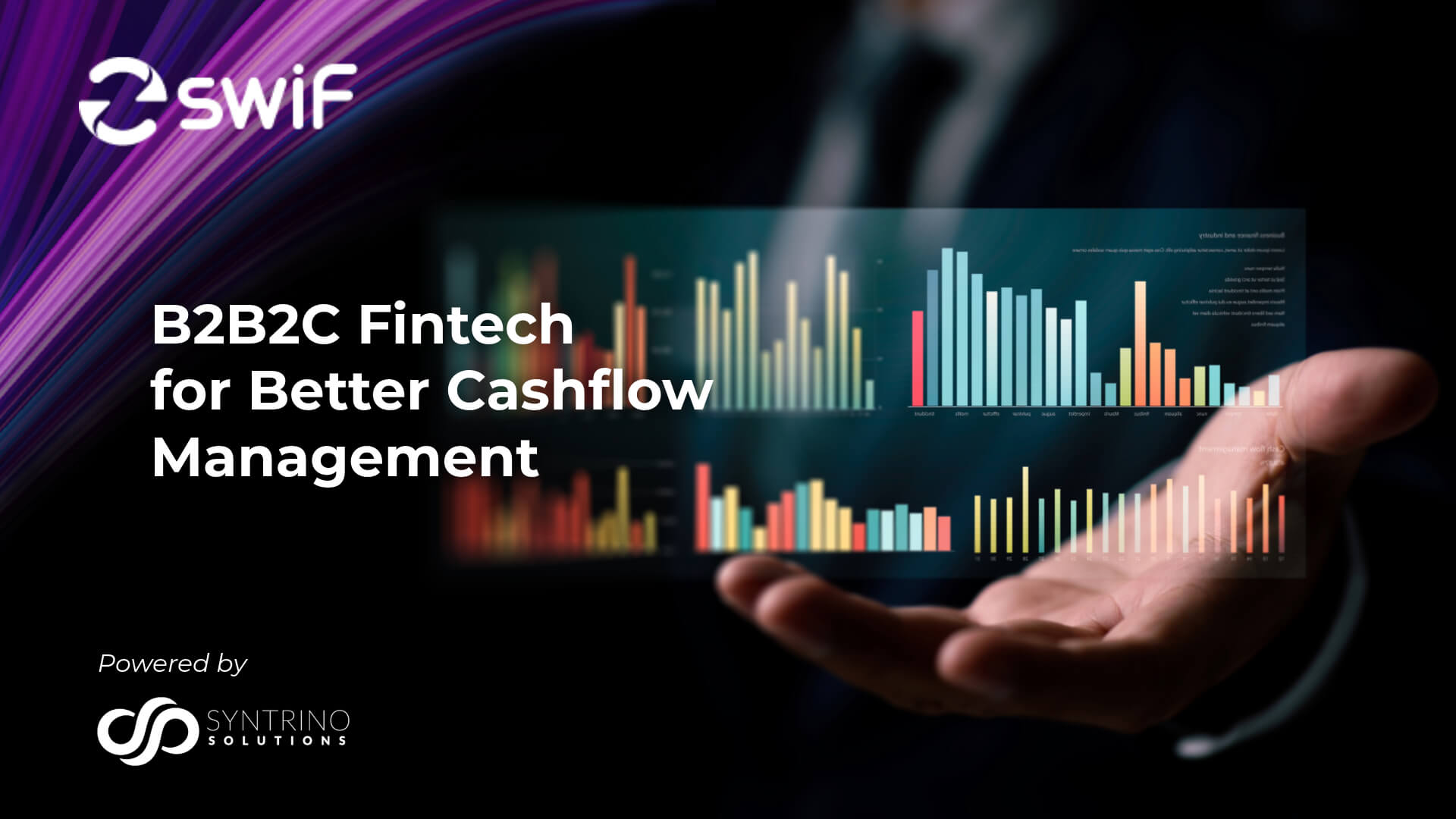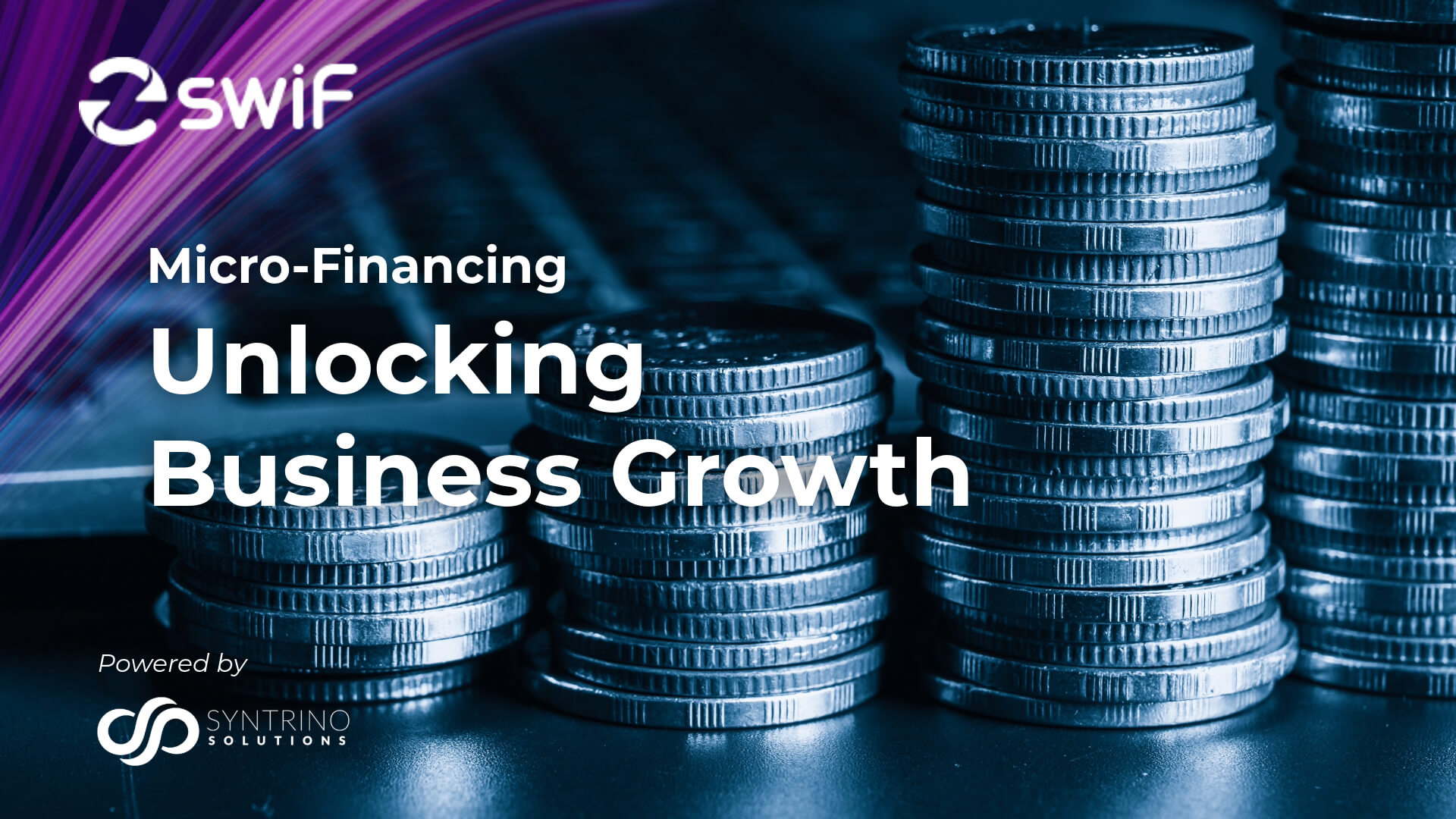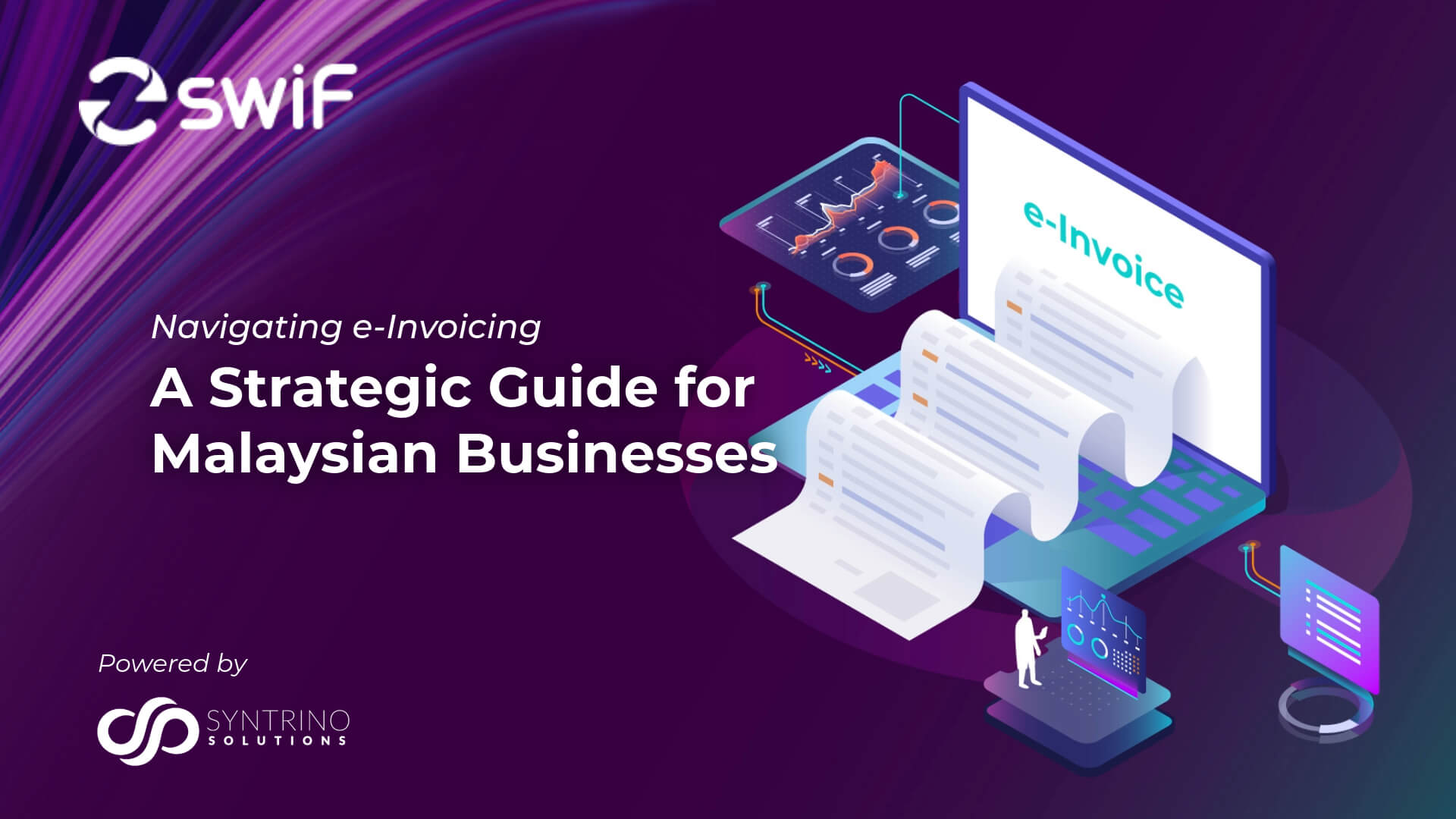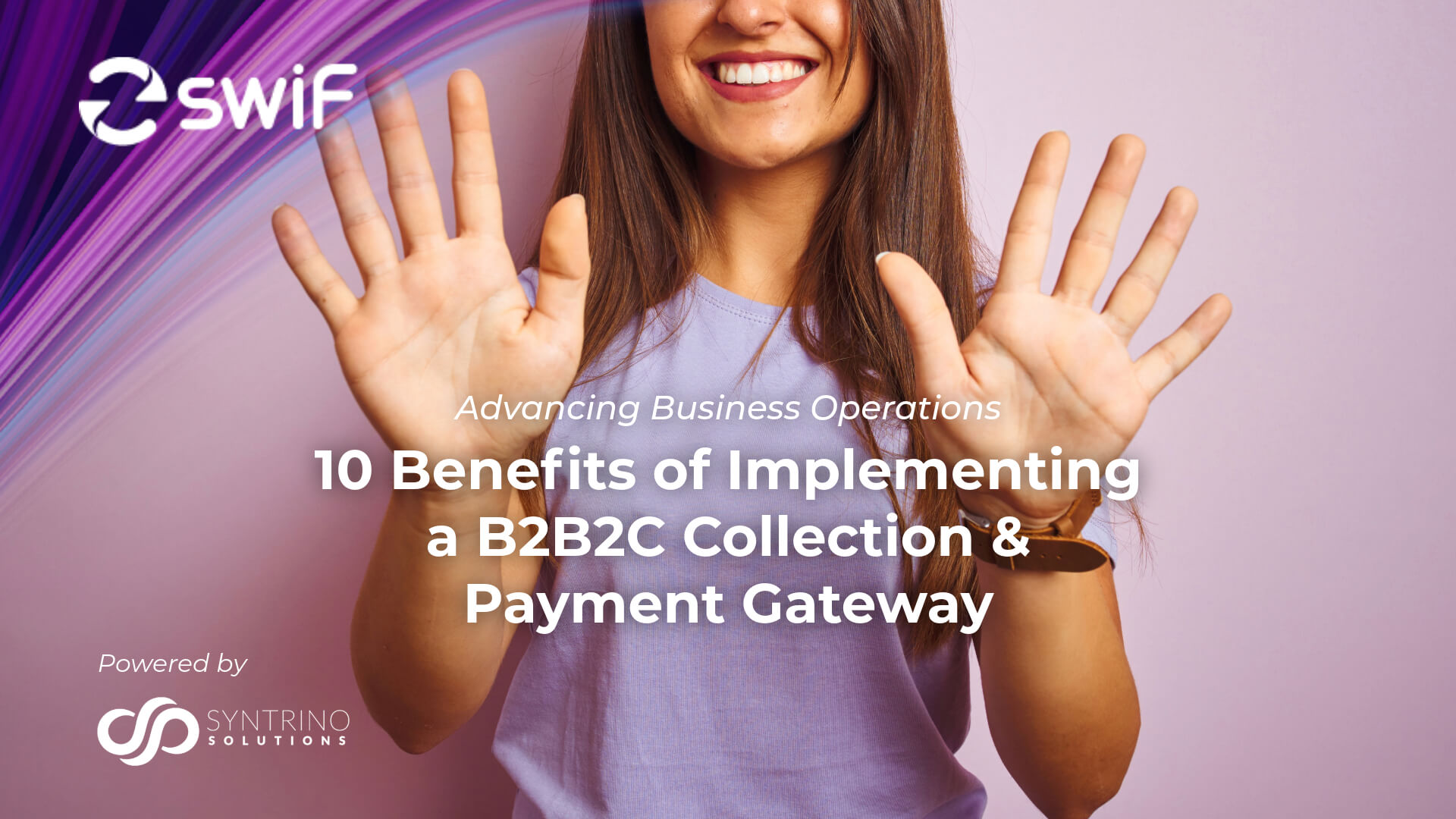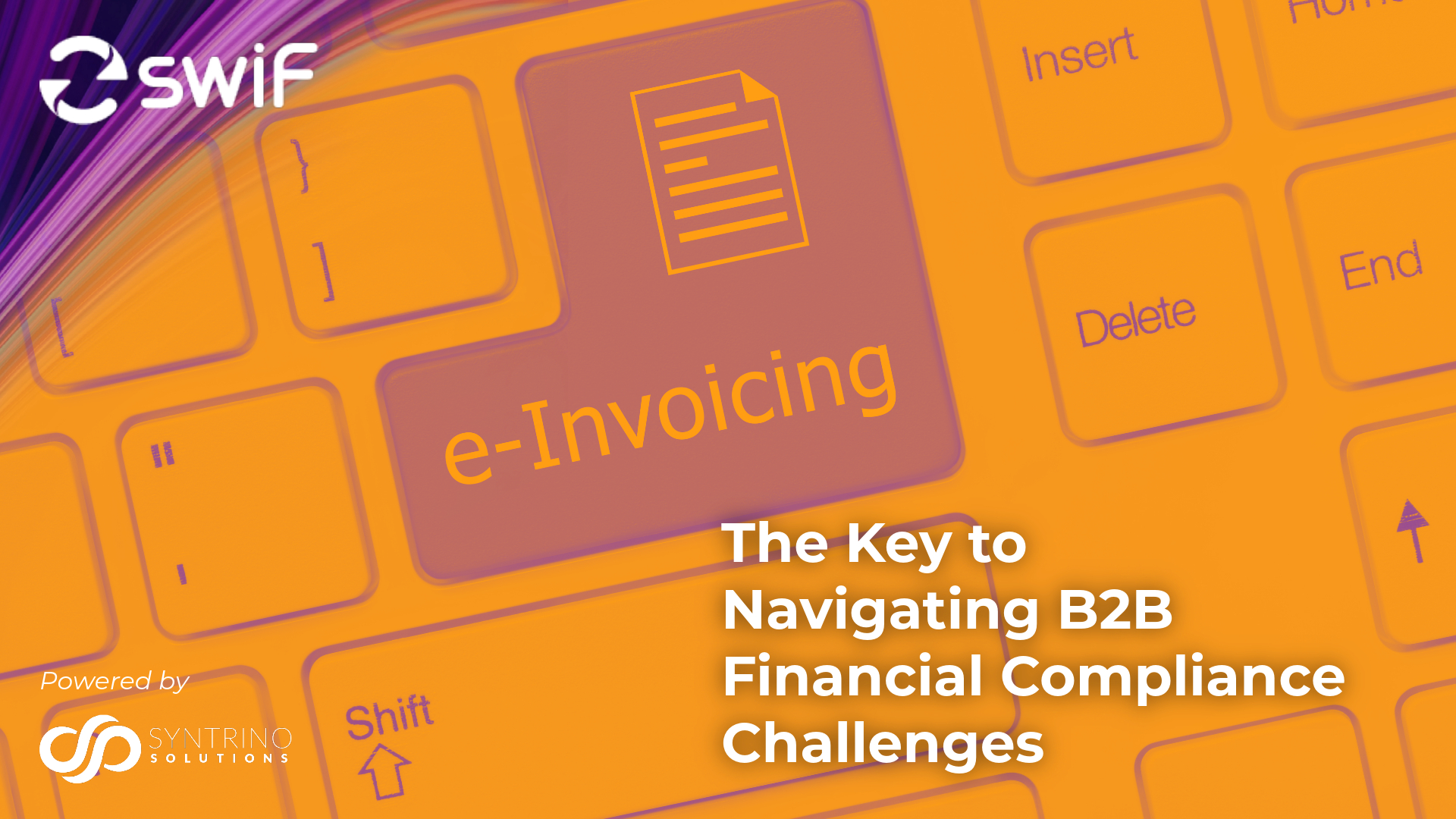The Importance of Cybersecurity in B2B Fintech
Cybersecurity has become a critical concern for businesses, especially in the B2B fintech sector. As financial technology continues to evolve, so do the methods employed by cybercriminals. Therefore, it is crucial for B2B fintech companies to prioritise cybersecurity in order to protect their assets and maintain the trust of their clients. A strong cybersecurity strategy not only safeguards sensitive information but also mitigates the risk of fraud and financial loss. By investing in robust cybersecurity measures, B2B fintech companies can ensure the integrity and security of their operations.
Understanding Common Fraud Risks in the Fintech Industry
One of the primary risks is data breaches, where cybercriminals gain unauthorised access to sensitive information such as customer data or financial records. Another significant threat is phishing attacks, where fraudsters trick individuals into revealing their personal information or login credentials through deceptive emails or websites. Additionally, ransomware attacks, where hackers encrypt valuable data and demand a ransom for its release, pose a significant risk to B2B fintech companies. By understanding these risks, businesses can more effectively equip themselves to select the optimal B2B Fintech solution for their needs.
Key Cybersecurity Strategies for Fraud Prevention
Utilising Encryption Technologies for Data Protection
Encryption technologies play a vital role in safeguarding sensitive data in B2B fintech.
By encrypting data, companies can render it unreadable to unauthorised individuals, thereby minimising the risk of data breaches. Encryption can be applied to various aspects of a business’s operations, including communication channels, databases, and storage systems. Implementing robust encryption protocols ensures that even if a data breach occurs, the stolen information remains inaccessible and useless to cybercriminals. By making encryption a core component of their cybersecurity strategy, B2B fintech companies can protect their clients’ data and maintain their trust.
Implementing Multi-Factor Authentication for Enhanced Security
Multi-factor authentication (MFA) is an effective cybersecurity strategy that adds an extra layer of protection to user accounts. With MFA, users are required to provide multiple forms of identification, such as a password, a fingerprint, or a one-time verification code, to gain access to their accounts. This significantly reduces the risk of unauthorised access, as even if a password is compromised, the additional authentication factors act as a deterrent. B2B fintech companies should prioritise the implementation of MFA across their platforms and encourage their clients to enable this feature. By doing so, they can enhance the security of their systems and prevent fraudulent activities.
Building a Secure Network Infrastructure
A secure network infrastructure is the foundation of a robust cybersecurity strategy. B2B fintech companies must ensure that their networks are protected against unauthorised access and potential vulnerabilities. This can be achieved by implementing firewalls, intrusion detection systems, and virtual private networks (VPNs). Firewalls act as a barrier between internal and external networks, monitoring and filtering incoming and outgoing traffic. Intrusion detection systems identify and respond to any suspicious activity within the network. VPNs provide a secure connection for remote access, encrypting data transmitted between the user and the network. By building a secure network infrastructure, B2B fintech companies can fortify their defences against cyber threats.
The Role of Security Audits and Updates in Fraud Prevention
Regular security audits and updates are essential for maintaining the integrity of a B2B fintech company’s cybersecurity strategy. Security audits involve a comprehensive assessment of the existing security measures, identifying any vulnerabilities or weaknesses that may be exploited by cybercriminals. By conducting these audits regularly, companies can proactively address potential risks and make necessary improvements. Additionally, staying up to date with the latest security updates and patches is crucial for protecting against new and emerging threats. B2B fintech companies should always establish a schedule for conducting security audits and ensure that all systems are regularly updated to stay ahead of potential fraud attempts.
Cybersecurity Training and Education
In addition to the key cybersecurity strategies mentioned above, it is crucial that B2B fintech companies provide regular cybersecurity training and education programmes to their employees. These programmes should cover topics such as identifying phishing attempts, creating strong passwords, and recognising suspicious activities. By educating employees about cybersecurity best practices, companies can create a culture of security awareness and empower their workforce to be proactive in preventing fraud.
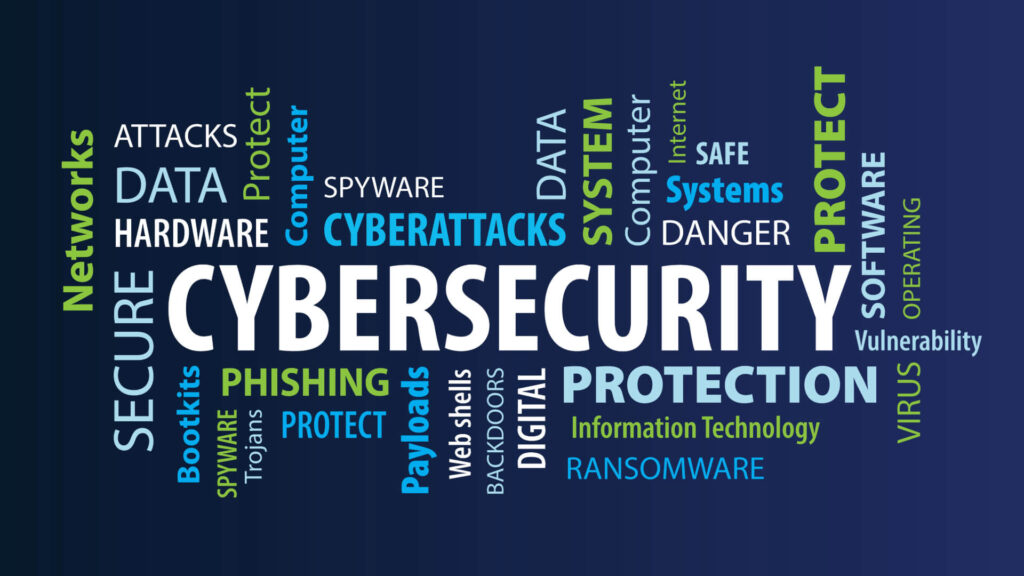
Conclusion: Taking Proactive Steps to Protect Your Assets
In conclusion, cybersecurity is of paramount importance in the B2B fintech industry. By understanding the common fraud risks, implementing key cybersecurity strategies, and adopting best practices, B2B fintech companies can effectively prevent fraudulent activities and protect their assets. It is crucial for businesses to invest in robust encryption technologies, implement multi-factor authentication, build a secure network infrastructure, and conduct regular security audits and updates. Additionally, providing cybersecurity training and education to employees ensures that everyone within the organisation is equipped to identify and respond to potential threats.
Considering cyber threats and fraud prevention is crucial when selecting the appropriate B2B fintech partner for your business.
SwiF implements robust cybersecurity strategies that guarantee the utmost level of security for your business and partners. A Level 1 PCI DSS compliant service provider, we meet the highest industry standards to keep all your data secure. With SwiF protect your customer’s data from cyber threats and security breaches.
Contact our team to learn more about how SwiF can help facilitate your B2B2C transactions in total safety.
SwiF is Malaysia’s Leading-Edge B2B2C Fintech Solution.
Powered by Syntrino Solutions, Southeast Asia’s leader in supply chain management, SwiF gives you access to a variety of collection and payment methods to streamline all aspects of your business operations. From major credit cards to online banking, e-wallets, Buy Now Pay Later, auto-debit, instalment options, and invoice financing, SwiF helps facilitate all your transactions.
SwiF also takes regulatory compliance to the next level by integrating its innovative e-invoicing plug-in, ensuring your business remains at the forefront of regulatory standards.







